Audre Geraldine Lorde was born February 18, 1934 in Harlem, New York, to parents of Barbadian and Carriacouan extraction. Her childhood was marked by emotional detachment from her parents, who were busy running their real estate business. Her father frequently attended political meetings, keeping him out until late at night. There was much conflict with her mother, who was a stern disciplinarian.
She was extremely nearsighted, but dedicated to educating herself, and learned to read at an early age. She realized the power that poetry possessed as a means of communication and expression, and wrote her first poem in eighth grade. She also became known as the best student in all of her secondary school classes, which made many white students jealous.
In her “mythography,” Zami, A New Spelling of My Name, she discussed how she naively believed that she would win an election for class president at her all-white school by virtue of her being the smartest person in class. She lost the election, and recalls running home to her mother explaining to her how she didn’t win the election because she was black. Her mother advised her not to worry about anything besides her education. In high school, Lorde began associating herself with others who were seen as outcasts, writing poetry and generally behaving in unconventional manners.
Lorde studied abroad in Mexico, becoming solid in her identity as a queer woman and a poet. When she returned to New York City, she began working as a librarian and became a fixture in alternative Greenwich Village. Lorde got married, but became divorced after having two children. She then began working at historically black Tougaloo College in Mississippi, where she met her life partner, a white professor named Frances Clayton.
All throughout the 1960s, Lorde was active as a writer and as an activist, working within the anti-war, civil rights, and feminist movements. Her work was published in anthologies, reviews, journals, underground newspapers, and in magazines worldwide, being an influential and early voice for queer women of color. She was also key in developing the concept of intersectionality, which is the concept which states that identities overlap; this educational theory studies the interactions between these identities and, subsequently, the oppression, domination, and discrimination that results. This was a major contribution to anti-oppression practice and theory and laid the groundwork for entire new departments and fields of study. Lorde died in 1992 from liver cancer, but her poems, research, life story, and passion live on.
Sources:
http://www.poetryfoundation.org/bio/audre-lorde
http://www.english.illinois.edu/maps/poets/g_l/lorde/life.htm
http://www.pbs.org/pov/alitanyforsurvival/film-description/
https://www.poets.org/poetsorg/poet/audre-lorde
http://www.theguardian.com/commentisfree/2008/oct/13/blackhistorymonth-equality?INTCMP=SRCH







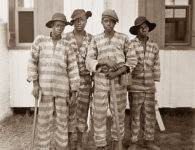
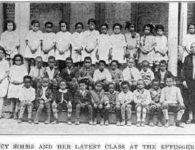
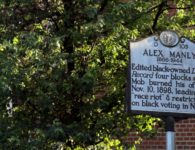

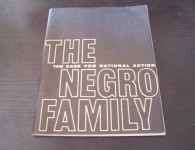



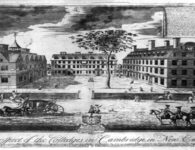
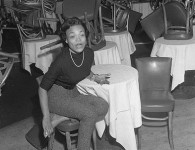
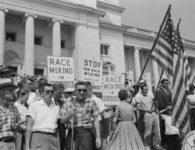
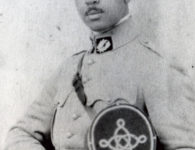

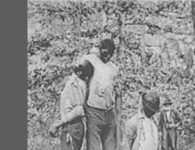

No comments